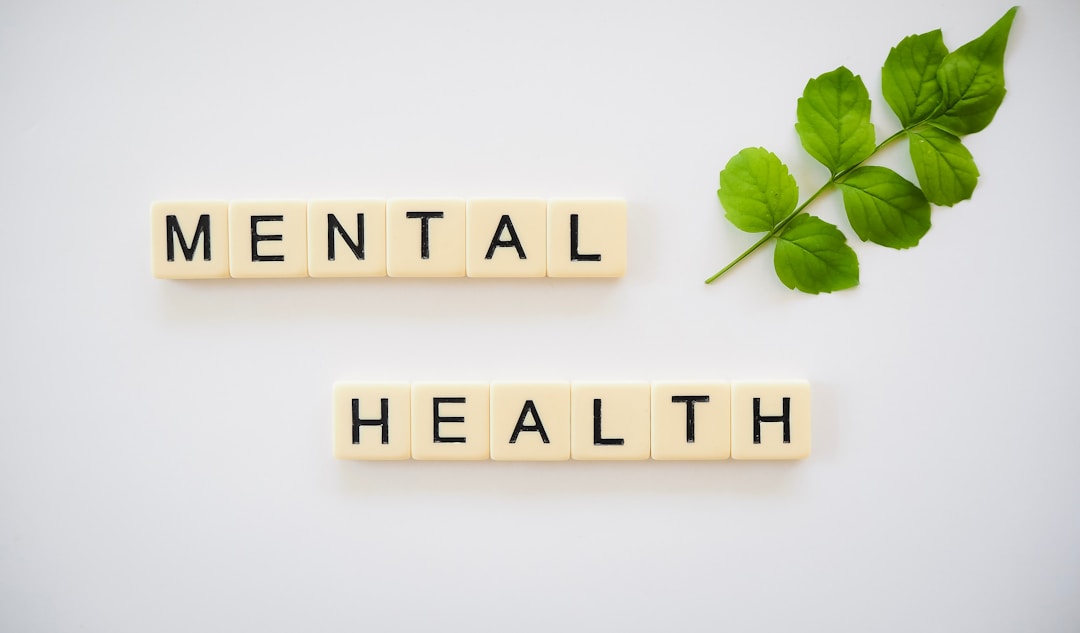Keys to a Smooth Journey Into Adulthood
Becoming an adult is an exciting but often confusing phase in life. With so many responsibilities and decisions facing you, it’s easy to feel overwhelmed. But the transition into adulthood doesn’t have to be a daunting experience. In this article, we break down some critical aspects of adulthood transition and offer useful tips to navigate the journey.
Understanding the Meaning of Adulthood Transition

The transition into adulthood is a significant milestone representing the shift from the dependency of childhood to the autonomy of adulthood. This process involves a variety of life aspects including personal relationships, financial responsibility, emotional management, and the acquisition of life skills. Taking care of yourself through making smart financial decisions and being prepared for emergencies should be a priority.
That means understanding insurance and its various types is also a must. For instance, if you own a car in Australia, having a car insurance policy is mandatory. The cheapest third party car insurance in Australia might be a good start. Car insurance is a legal requirement in many countries and locations. Driving without insurance not only puts you at financial risk but also exposes you to legal repercussions. Car insurance acts as a safety net, safeguarding your financial well-being and assets in the face of unexpected events on the road.
Seeking guidance from older adults or professional financial advisors can be greatly beneficial during this phase. For example, https://www.edifyfcg.com/ offers excellent resources for handling this transition. A skilled financial planner will work with you to understand your short-term and long-term goals, whether it’s paying off student loans, buying a house, or saving for retirement. By analyzing your current financial situation, income, and expenses, they can develop a customized plan that outlines the steps you need to take in order to achieve your objectives.
Essential Life Skills for Successful Transition to Adulthood
Beyond academic knowledge, several life skills are integral to becoming an independent adult. Managing time, prioritizing tasks, making informed decisions, and communicating effectively are instrumental capabilities required in adulthood. Culinary skills, basic housekeeping, and personal grooming are also essential. You need to take care of your living space and personal hygiene, and knowing how to cook can save you money and ensure you are eating healthily.
Additionally, as an adult, it is necessary to understand the importance of maintaining personal health and fitness. Regular exercise and periodic health check-ups are needed to ensure a healthy lifestyle. Technology, more than ever, is integrated into everyday life. Therefore, being tech-savvy, understanding how to use different platforms and software, and being aware of online safety, can be quite advantageous.
Building Healthy Relationships as a Mature Individual

As an adult, the nature of your relationships changes. Peer relationships become more complex, romantic relationships can take a serious turn, and the way you interact with your family evolves as well. It’s crucial to learn how to manage these changes peacefully and respectfully. Good communication is the backbone of successful relationships. Articulating your thoughts and feelings openly, and being receptive to other’s viewpoints can build mutual respect and stronger bonds.
Remember, every relationship encounters difficulty at some point. Being able to apologize when wrong and forgiving others when they err goes a long way. You should also understand that not all relationships are meant to last, and sometimes, walking away is the best thing for your mental and emotional health.
Dealing with Emotional and Mental Changes in Adulthood

Part of becoming an adult involves growth on an emotional and mental level. You might find your beliefs and perspectives evolving and sometimes conflicting with those around you. It’s important to know that this change is normal and part of personal growth. One common emotional change in adulthood is the natural increase in empathy towards others. This heightened sense of empathy can influence your decision-making and your interactions with the people around you.
Another change is a shift in your source of motivation. As an adult, you are more likely to be internally driven by your own goals and values rather than external factors like parental approval. Finally, while dealing with the pressure and stress of adult life, don’t neglect mental health, particularly when you’re in college. Seek professional guidance if stress becomes overwhelming and know that it’s okay to ask for help when needed.
As you can see, adulthood is a journey of exploration, growth, and learning. Preparing for the transition to adulthood is vital for a successful and fulfilling life. It equips young adults with the knowledge and skills to become financially independent, make informed decisions, and navigate the complexities of the adult world. By investing in this preparation, young adults can set themselves up for a future filled with opportunities and personal growth.


